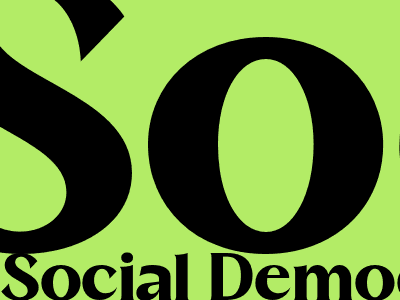
Social Democrats Win Narrow Victory in German Election
SPD Takes Lead in Tight Race, Greens and FDP Make Gains
In a closely contested election, the center-left Social Democratic Party (SPD) has emerged victorious in the German Bundestag election, securing the most seats in Parliament. With 25.7% of the vote, the SPD narrowly defeated the center-right Christian Democratic Union (CDU), which won 24.1%. The Green Party made significant gains, increasing its share of the vote to 14.8%, while the Free Democratic Party (FDP) also saw a boost, winning 11.5%. The far-right Alternative for Germany (AfD) remained the third-largest party, with 10.3% of the vote.
Matthias Miersch Retains Hannover Seat, Boris Pistorius Concedes Defeat
In the constituency of Stadt Hannover I, incumbent SPD candidate Matthias Miersch successfully defended his seat, winning 33.2% of the vote. His main challenger, CDU candidate Bodo Ramelow, received 28.4% of the vote. In the neighboring constituency of Hannover-Land II, SPD candidate Boris Pistorius conceded defeat to CDU candidate Hendrik Hoppenstedt, who secured 34.7% of the vote to Pistorius's 30.9%.
SPD Faces Challenges in Forming Government
Despite its victory, the SPD faces challenges in forming a government. With no party winning an outright majority, the SPD will need to form a coalition with one or more other parties. Potential coalition partners include the Greens, the FDP, and the Left Party. However, negotiations are expected to be complex and could take several weeks or even months.
Election Outcome Reflects Changing Political Landscape
The outcome of the election reflects a changing political landscape in Germany. The two traditional major parties, the SPD and CDU, have seen their vote share decline in recent years, while smaller parties have made gains. The Greens have emerged as a major force on the left, while the AfD has gained support on the right. This fragmentation of the political landscape makes it more difficult to form stable governments and could lead to increased political instability in the coming years.